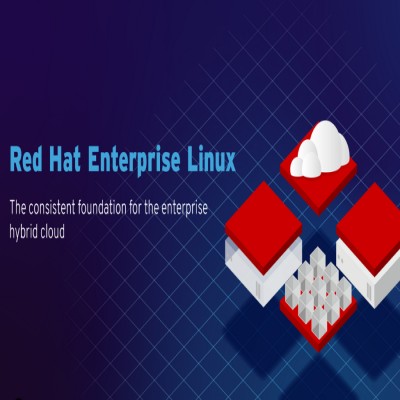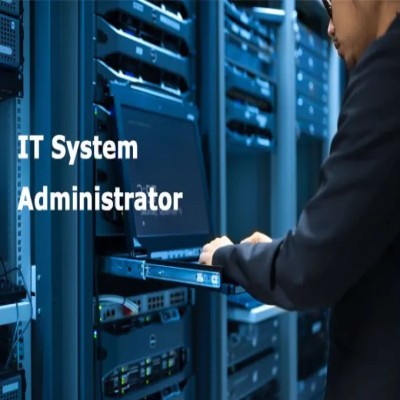
A Linux Consulting Roadmap
Explore how Linux consulting can help businesses create a strategic roadmap for their IT infrastructure, ensuring long-term relevance and adaptability.
Embarking on a Linux consulting journey is a strategic move to harness the power of open-source technology for your business. In this guide, we will outline a comprehensive Linux consulting roadmap, providing key insights and strategies to ensure a successful and transformative experience. Whether you’re looking to optimize existing Linux infrastructure or implement new solutions, this roadmap will serve as your compass towards achieving optimal results.
Assessment and Analysis (Linux Consulting, Infrastructure Assessment) The first step in any Linux consulting engagement is a thorough assessment of the existing infrastructure. Evaluate the current Linux environment, identifying strengths, weaknesses, and areas for improvement. This includes hardware, software, security protocols, and overall system performance.
Conduct a comprehensive analysis to understand the specific needs and goals of the organization. Define key performance indicators (KPIs) and metrics that will be used to measure the success of the consulting engagement.
Customized Solution Design (Linux Solution Design, Tailored Linux Solutions) Once the assessment is complete, the next phase involves designing tailored Linux solutions that align with the organization’s objectives. Consider scalability, flexibility, and future growth as essential factors in crafting a solution that meets both current and future needs.
Leverage the power of open-source technologies to create customized solutions that enhance efficiency and optimize resource utilization. This may include adopting containerization technologies like Docker or orchestration tools like Kubernetes for streamlined deployment and management.
Implementation and Migration (Linux Implementation, Migration Strategy) With a solid solution design in place, it’s time to implement the proposed changes. Develop a detailed migration strategy that minimizes downtime and disruptions to daily operations. Ensure that the implementation plan is communicated clearly to all stakeholders, and that contingencies are in place for any unexpected issues.
Utilize automation tools like Ansible or Puppet to streamline the deployment process and maintain consistency across the Linux environment. Thoroughly test each component of the new solution before full implementation to identify and address any potential issues.
Training and Knowledge Transfer (Linux Training, Knowledge Transfer) Successful Linux consulting is not just about implementing solutions; it’s also about empowering the internal team to manage and maintain the infrastructure. Provide comprehensive training sessions for IT personnel to ensure they have the necessary skills to operate and troubleshoot the new Linux environment.
Facilitate knowledge transfer by documenting procedures, best practices, and configurations. Encourage collaboration and create a culture of continuous learning to keep the team informed about the latest advancements in Linux technologies.
Ongoing Support and Maintenance (Linux Support, Maintenance Services) The journey doesn’t end with implementation. Establish a robust support and maintenance framework to address ongoing needs and unforeseen challenges. Implement monitoring tools and regular health checks to identify potential issues before they impact system performance.
Offer various support channels, including ticketing systems, dedicated support personnel, and knowledge bases, to ensure quick and efficient problem resolution. Regularly update and patch the Linux environment to address security vulnerabilities and keep the system up-to-date.
Performance Monitoring and Optimization (Linux Performance Monitoring, Optimization Strategies) Continuous improvement is a hallmark of successful Linux consulting. Implement performance monitoring tools to track system metrics and identify areas for optimization. Regularly analyze the data to fine-tune configurations, allocate resources effectively, and enhance overall system performance.
Stay abreast of emerging technologies and industry best practices to incorporate relevant advancements into the Linux environment. Periodically revisit the initial assessment to align the system with evolving business goals and technological trends.
Embarking on a Linux consulting journey requires a well-defined roadmap and strategic implementation. By following this comprehensive guide, your organization can navigate through the intricacies of Linux consulting with confidence. From initial assessment to ongoing support and optimization, each phase is crucial for achieving optimal results and unlocking the full potential of open-source solutions. Through a tailored approach, efficient training, and continuous improvement, your Linux consulting roadmap becomes a catalyst for long-term success in the ever-evolving digital landscape.
STAY IN THE LOOP





